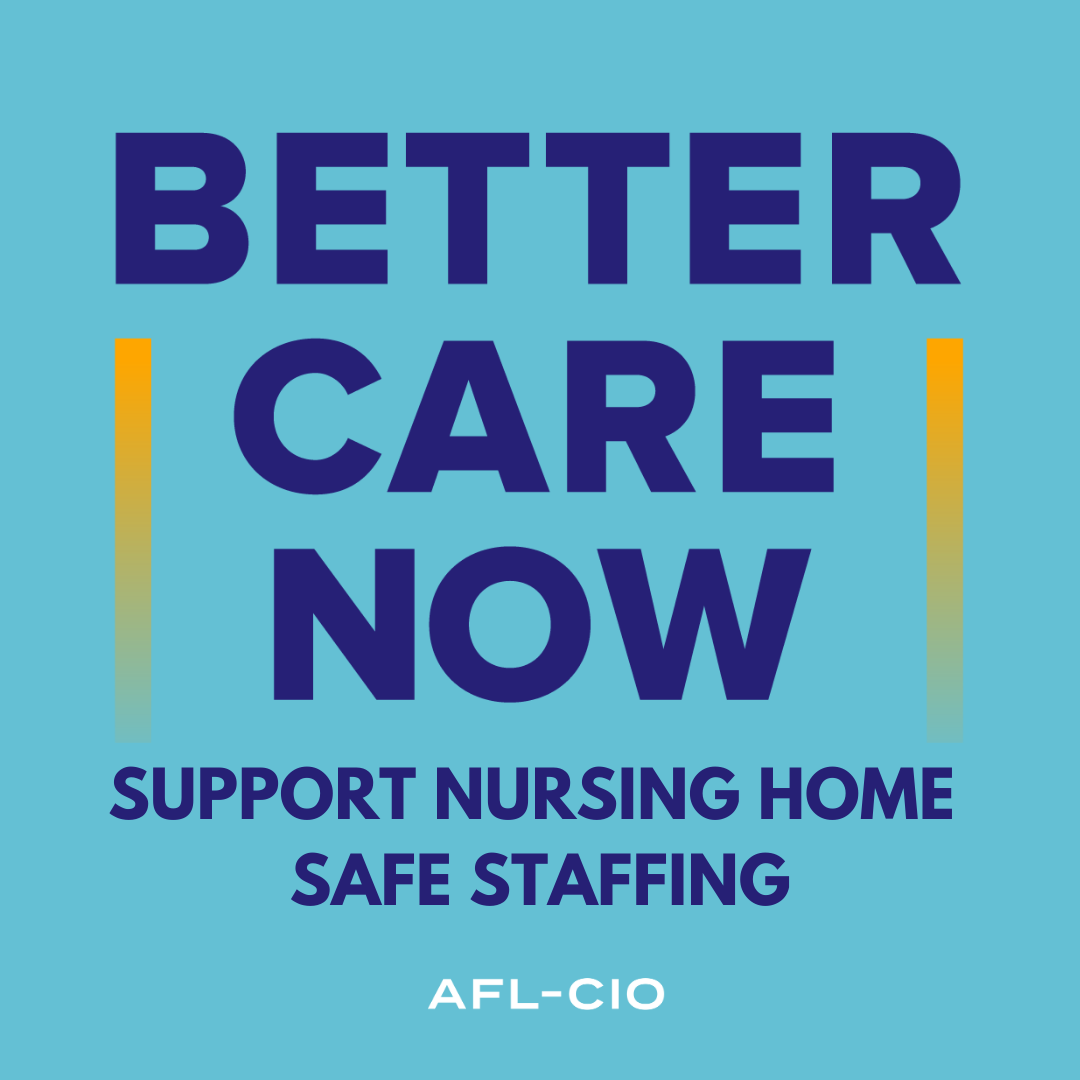|
|
Senate Budget Committee Holds Hearing on Strengthening Social Security; Rep. Larson Re-Introduces the Social Security 2100 Act |
|
Social Security was in the news this week with Senate Budget Committee Chairman Sheldon Whitehouse (RI) holding a hearing entitled, “Protecting Social Security for All: Making the Wealthy Pay Their Fair Share,” and Rep. John Larson (CT) re-introducing the Social Security 2100 Act as H.R. 4583.
The Senate hearing focused on S. 1174, the Medicare and Social Security Fair Share Act, introduced by Sen. Whitehouse. The legislation extends Social Security’s solvency indefinitely while extending Medicare’s solvency by 20 years by requiring Social Security taxes to be paid on all wages, self-employment, and investment income above $400,000. Currently Social Security taxes are only paid on the first $160,200 in annual earnings. In addition, the Medicare tax rate would be increased for income above $400,000. Rep. Brendan Boyle (PA) has introduced a House version of the bill, H.R. 4535.
Rep. Larson’s bill, H.R. 4583, was re-introduced on Wednesday. It has more than 175 House co-sponsors and would require Social Security taxes to be paid on wage income above $400,000. It increases benefits by 2% across the board for all Social Security beneficiaries for the first time in 52 years, expands benefits to boost lower income seniors, and improves benefits for middle-income widows and widowers from two-income households. It also repeals the Windfall Elimination Provision (WEP) and Government Pension Offset (GPO) that currently penalize many public servants. Sen. Richard Blumenthal (CT) introduced the Senate version of the bill, S. 2280.
|
|
NIRS: New Report Finds Disturbing Outlook for Generation X in Retirement
|
|
A new report from the National Institute on Retirement Security (NIRS) finds a dismal retirement outlook for Generation X, the first generation to enter the labor market following the shift from defined benefit pension plans to 401(k)-style defined contribution accounts.
The report examines current rates of retirement plan coverage, coverage by industry, and retirement account balances, with analyses by race, gender, and marital status. The analysis defines Generation X as those born between 1965 and 1980. |
|
|
When looking at median retirement savings levels for Generation X, the bottom half of earners have only a few thousand dollars saved for retirement, and the typical household has only $40,000 in retirement savings. Retirement savings for Generation X is highly |
|
concentrated among the highest earners, while Blacks and Hispanics have substantially lower savings and access to retirement plans compared to whites.
“Only 14% of Generation X is covered by a defined benefit pension plan,” said Richard Fiesta, Executive Director of the Alliance. "The NIRS report provides further evidence that we need to expand Social Security quickly and increase benefits. This matters for current and future retirees. There is no time to waste.” |
|
Movement Advances to Establish Minimum Staffing in Nursing Homes |
|
The Biden administration is preparing to address the nursing home staffing crisis by introducing a proposed rule that includes requiring more care workers per resident. Low staffing often means that workers are forced to manage care for dozens of patients at a time, frequently leading to a higher incidence of falls, rehospitalizations, and missed care. It has also led to higher resident mortality rates.
At the same time, many nursing home corporations have cut costs and reaped huge profits at the expense of workers and residents. This has been exacerbated by an influx of private equity into nursing homes. |
|
|
The new Biden administration rule is expected to strengthen the nation’s long-term care system, improve the lives of residents and prevent unnecessary worker injury and burnout. That should give working families peace of mind that their loved ones are receiving the level of care they deserve. |
|
“The rule will change the minimum number of direct-care-staff per resident,” said Joseph Peters, Jr., Secretary-Treasurer of the Alliance. “That is at the crux of the problem in nursing homes, and residents should see vast improvements in their daily lives once the changes are implemented.”
If you are a nursing home worker, have lived in a nursing home, know a loved one who has, or want to improve the state of care in our country, please share your story here. |
|
KFF Health News: What You Need to Know About the Drug Price Fight in Those TV Ads By Arthur Allen |
|
In recent months ominous ads about prescription drugs have flooded the TV airwaves. Perhaps by design, it’s not always clear who’s sponsoring the ads or why.
Or, for that matter, why now?
The short answer is that Congress is paying attention. House and Senate members from both parties have launched at least nine bills, parts of which may be packaged together this fall, that take aim at pharmacy benefit managers, companies that channel prescription drugs to patients. Here’s a primer to help you decipher what’s happening.
|
|
Thanks for reading. Every day, we're fighting to lower prescription drug prices and protect retirees' earned benefits and health care. But we can't do it without your help. Please support our work by donating below. |
|
|
|
|
Alliance for Retired Americans | 815 16th Street, NW | Washington, DC 20006 | www.retiredamericans.org



